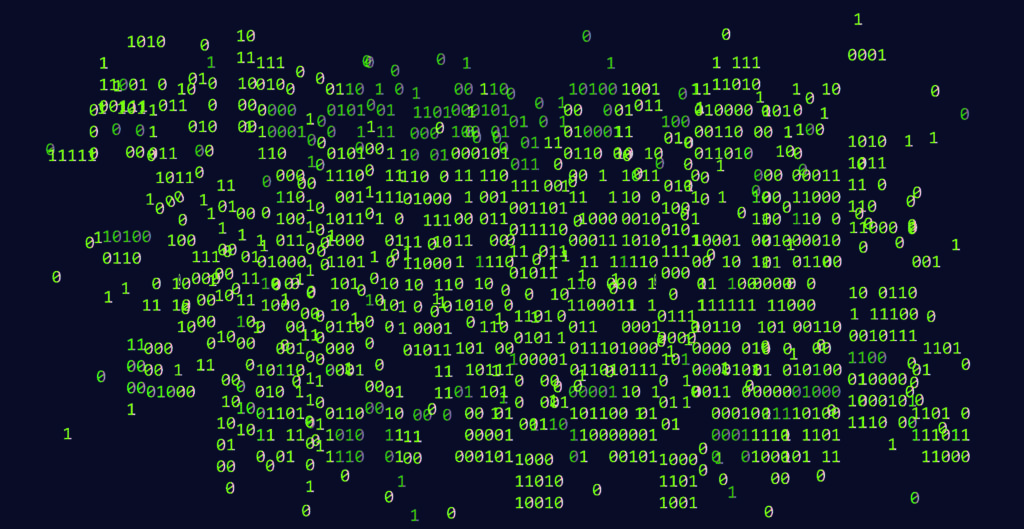Blogger Najm Al-Deen argues that Muslim social media influencers and du’aat are resorting to clickbait, narcissism and sensationalism to gain traction, contrary to the values of moderation, modesty and humility that should characterise Islamic proselytisation.
Unfortunately, by kowtowing to predatory algorithms, much of the da’wah on creative mediums has blurred the boundaries between inspirational and narcissistic content, bearing little resemblance with the da’wah of our pious predecessors who recommended extreme vigilance against manipulative influences which could compromise their sincerity.
Suffice to say, they never craved the limelight when commanding good and forbidding evil and preferred obscurity to stardom.
Without doubt, conveying Islam and inviting mankind to the worship of Allah ranks among the noblest of deeds. All the Messengers were entrusted with this responsibility, which became a defining hallmark of Prophethood and example for those aspiring in their footsteps.
While the styles and means of da’wah can vary depending on capability and resources, there is no dispute among the ulema that anyone undertaking this mission must possess some distinguishing characteristics – notably wisdom, sincerity and humility.
In the digital age where da’wah is nigh impossible without some level of tech engagement, harnessing the ubiquitous power of social media has become the primary means of Islamic outreach for many scholars, students of knowledge and influencers.
But despite the communicative power of platforms like Facebook, Youtube and TikTok, it is important to recognise that the overwhelming presence of content sharing networks presents a unique set of challenges to contemporary da’wah efforts, mainly in the form of algorithms and what can broadly be described as the “attention economy.”
Subscribe to our newsletter and stay updated on the latest news and updates from around the Muslim world!
Algorithms are mathematical rules which determine the behaviour of data.
In social media platforms, algorithms assist with ranking search results and advertisements and direct content and pages to display in a particular order.
Given its billions of users worldwide and with so much content being uploaded by the minute, navigating the social media space is fraught with complexity. Therefore, social networks use algorithms to sort content in a user’s feed.
Generally speaking, algorithms involve filtering out irrelevant content and prioritising material which users will likely engage with based on a number of factors, such as recency, popularity, quality and level of interaction. Furthermore, they are generally designed to nudge towards a corporation’s profits through personalised and targeted advertising all vying for our attention.
To stand out from all the noise, content creators are incentivised to use algorithms to their advantage in order to drive up subscriptions and increase the number of followers, likes and any other stimuli specific to the platform of choice.
Attention Economy
Regrettably, much of the da’wah on social media today is bound by these algorithmic constraints and is victim to the attention economy, according to which attention is a scarce commodity which users must compete for.
It’s almost impossible to ignore a growing trend among Muslim social media influencers to use any means necessary to capture user attention, whether that be for traction, ad revenue or a plethora of other reasons.
From tasteless clickbait thumbnails to sensationalist buzzwords in upload descriptions, I’m not the only one to have noticed these unbecoming practices to increase search engine optimisation, monetise from content and expand one’s organic reach in the competitive social media environment.
Herein lies a key dilemma confronting many Muslim social media influencers and in particular, those involved in da’wah.
While their intentions may be sincere, their da’wah is hinged entirely on platforms which reward self-promotional tendencies and whose business model views consumers as data commodities, capitalising on what grabs our attention, often in the form of bite-sized meaningless content.
Therefore, it is tempting to convert our platforms into brand-building exercises and develop scripted online personas which are conducive to high user engagement. Sadly, in the quest to keep afloat in an attention economy, it is not uncommon to find da’wah carriers resorting to sound bytes, intemperate language, provocative hashtags and grandstanding when engaging with interlocutors and co-religionists to generate interest and excitement.
Instead of adopting a more soft-hearted tone which is more conducive to winning the hearts and minds of audiences, material is carefully curated to increase views and keep users coming back based on algorithms that track subconscious behaviour and prioritise dopamine-saturated content where fiction outperforms reality, controversy is king and content creators exude the marketable combination of pazazz, notoriety and bluster to climb their way up the algorithm.
As a result of these attention-driven metrics, much of the da’wah in the social media space has devolved into a tabloidesque spectacle, where ad hominem attacks, point-scoring and controversies flood our feeds and group chats. This is primarily because algorithms do not incentivise the patience that is essential for nurturing long-term relationships, which can only be attained through reasoned discussions and civil exchanges where we take our egos out of the equation and genuinely seek the betterment of those whom we passionately disagree with.
The short-term credibility which one may acquire through likes, views and enhanced social capital does not always translate into a heartfelt connection with others which is really what we ought to be aspiring for through our social media presence.
This is in stark contrast to the Quranic injunction to debate with decorum and the exhortations of the salaf to practise anonymous virtue, modesty and humility, which are essential psycho-spiritual ingredients for any da’ee.
Beating the algorithm
There is no dearth of psychological studies citing the correlation between compulsory social media usage and peer pressure, shortened attention spans, narcissism as well as a slew of mental health problems ranging from depression to social isolation.
Algorithms undoubtedly contribute towards this phenomenon, often promoting harmful and explicit content and material which screams of self-promotion, fuelling the feel-good chemical in the brain for both content creators and their audiences.
As empowering as these platforms may be for pursuits like da’wah, their evident harms should encourage the prominent du’aat using these networks to think outside of the social media ecosystem by redefining their relationship with the medium and refusing to be held hostage to the algorithm.
This does not imply abstaining from social media platforms. Rather, it entails a more judicious approach to usage which not only mitigates risk but optimises spiritual well-being as opposed to immediate gratification.
If we are sucked into an endless vortex of feedback loops and preoccupied by an unhealthy obsession with the self, we risk being lulled into a false sense of activism which stimulates the brain’s reward system without delivering any desired change that resonates with Islam’s naysayers. What can be more deceiving than thinking one is on the right side of history without making a real-world impact?
In a world where dangerously skewed recommendation algorithms are targeting children, exposing them to harmful subcultures and threatening to rewire users on a neurochemical level, Muslim social media influencers have a greater moral responsibility to buck the trend by fostering compassion and humility through their outreach, even at the expense of algorithmic approval.
If the ultimate end is to tactically leverage social media to earn the pleasure of Allah, then the means that are employed to achieve this must also be keeping with the Quranic and Prophetic guidelines. Simply, the ends do not justify the means, however virtuous one’s mission may be.
Regardless of the algorithmic bias, da’wah carriers must be cautious not to rely on shock value, hot takes and the artifice of display to propagate their message. Instead, they must build walls around anything that can lead to performative virtue-signalling and must pledge to collectively fight the economics of social media.
Too often, our da’wah on social media immunises us to the inhibitions which we experience in everyday interactions, a phenomena known as the online disinhibition effect. However, we must build our character to a point where the etiquette and protocols which another’s physical presence would naturally impose on us is also present in our online interactions.
To add value to the lives of others, one must beat the algorithm.





















